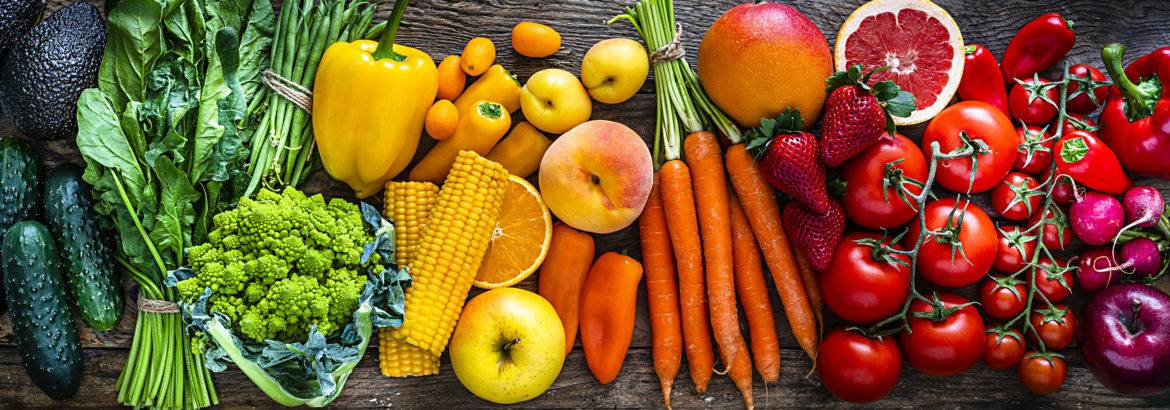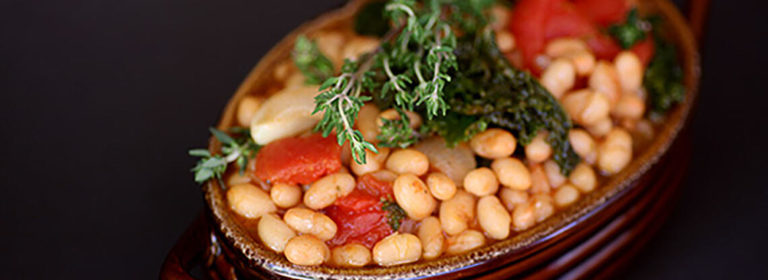After nearly two years of shutting down, shifting to take out, instituting new safety guidelines, building outside dining space, and trying to hire enough staff—all while meeting customer expectations—the foodservice industry has been hit with another financial blow: widespread supply chain shortages that are driving up prices and making it difficult to source many of the ingredients chefs rely on for their menus. It seems the customers are back, but the food (and labor) is harder to procure.
Chains like Wingstop, Cheesecake Factory, Starbucks, and even McDonald’s are reporting sourcing challenges across the budget from chicken and beef, dairy and eggs, even hot sauce. Operators are employing several strategies to mitigate the problems, including reducing menu size, raising prices, putting advertising on hold, and placing focus on categories with more abundant supply levels. According to a National Restaurant Association survey, 95% of restaurants are hurting from this issue, with 75% making menu changes.
In the flurry of this dynamic environment lies the produce category. Often regarded as one of the trickier segments (think seasonality, weather events, perishability), increasing fresh produce on menus may now be one of the best ways to lessen menu gaps.
While issues like fuel and transportation are affecting all industries as well as produce, availability has proved to be more consistent than most other categories—perhaps because farmers and processors have had more experience with what other industries are now facing. Selling lettuce and tomatoes has always been more innately complicated than cases of ketchup or soda. Crops are affected by growing conditions, shelf-life constraints, and labor issues that fluctuate season to season, but with so much practice, produce suppliers are well-equipped to handle these types of situations, positioning them better through the current challenges.
Andy Hamilton, CEO of Markon Cooperative explains that “While we hear about problematic supply chain shortages in other categories, Markon has proven to our members and customers we can deliver over 99% reliability every day of the year. We love hearing how operators depend on us to satisfy their diners with healthy Markon produce options. Staying fit and healthy remains critical to customers’ well-being and there’s no better source of nutrition than providing restaurants with Markon produce.
Add to that, the steady climb in plant-based eating for the wellness crowd (and anyone trying to maximize health through diet). The environment is also a core driver for many customers striving to lessen their impact on the planet. In 2020, plant-based sales have reportedly risen 243% across categories as diverse as pizza, Mexican, and Chinese foods. When global giants such as McDonalds, Starbucks, and Taco Bell are investing at the behest of their customers, it’s a safe bet that this market will continue to grow.
Making fresh produce the star of more menu offerings helps lower overall budgeting costs while allowing chefs to get more creative and incorporate global flavors (also trending). Even switching the plant-to-protein ratio can have an impact. For instance, adding 1/3 minced mushrooms to burgers or reducing meat in pasta dishes while increasing the vegetable content are savvy ways to get more produce on the plate.
Markon President Andy Hamilton notes that chain customers are experiencing limited availability in the meat, poultry, sauce, and paper product categories, but produce items have mostly held steady, making it a smart choice for operators during this crisis. “Our customers may not think of the Markon brand when they think of the supply chain. The majority of our produce offerings are packed in the Markon brand versus the packers’ label. When shippers pack in their own brand, they ship from their general cooler stock which is first-in, first out (FIFO). When our customers receive our produce packed in our Markon brand to our unique specifications, they’re getting the freshest produce packed to order for them. In tight supply periods, there’s no comparison to our Markon branded quality.”
Meet Markon’s Brands:
Innovation is the answer and Markon is working diligently to offer products that reduce waste like our Ready-Set-Serve line of pre-washed and cut, eco-friendly, labor-saving roster of items as well as lightly prepped items such as the Markon First Crop Leeks that are trimmed of excess and fit neatly in smaller, lighter cartons—just a quick rinse and go. And the Markon Essentials line embraces produce that is off grade in appearance, but high quality in flavor, reducing food waste that goes to landfills while providing direct cost savings to operators. With over 900 products in our roster, there is a delicious, efficient ingredient for every plate.




